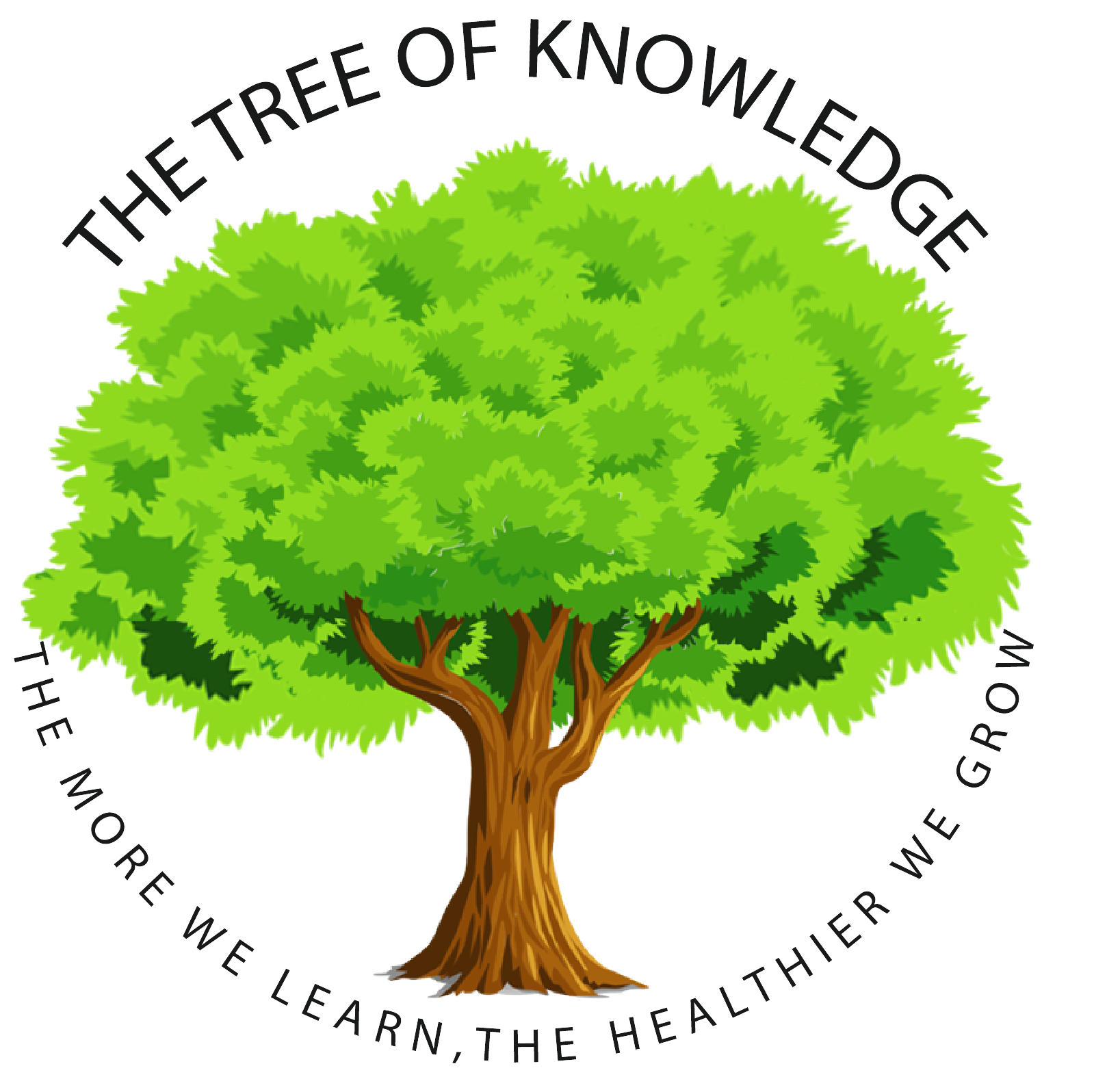I do not know of any location on earth that is not being affected by this terrible pandemic that we are all suffering through. We are being told to stay home, do not travel, do not stand closer than six feet from others, constantly wash out hands and don’t touch basically anything that may have been touched by another human being.
Additional concerns
Now is not the time that you want to hear about more precautions, but it is also not a time to ignore the side effects of being quarantine for a long period of time. Are you eating more junk food and becoming a couch potato? Are you getting up later than usual, hanging around in your pragmas all day? Getting Fast Food takeout, loaded with salt, because food shopping has become somewhat difficult. All this and more can be causing long term damage to you heart.
How it Works
Your heart is a muscle inside your chest. It is only about the size of your fist. Its job is to pump blood around the body. The blood carries all the food and oxygen the body needs. The pumping is done by the heart squeezing out the blood and pushing it to the rest of the body and then relaxing to let more blood come in. The right side of the heart gets blood after it has delivered oxygen and nutrients to the body. It then pumps blood to the lungs where it gets more oxygen. The left side of the heart then pumps to the body. As a child it beats about 90 times a minute. As an adult, it beats about 70 times a minute. It will beat millions of times during your life. The heart will continue to grow as you grow.
What causes more Damage
Because the heart is so important, it must be kept healthy so that it will keep working for many, many years. Since the heart is a muscle, it needs oxygen and nutrients too. The pipes supplying the heart with blood which carries the oxygen and nutrients to the heart are called coronary arteries. Unhealthy habits like eating fatty foods can lead to a buildup of fat in the arteries which will then limit blood flow to the heart. The buildup of this fat, which is called plaque, starts very early in life. Ultimately, the plaque can lead to a heart attack (damage to the heart muscle) and death. Heart attacks are the number one killer in the United States. Salt (another name is Sodium) is a major dangerous addition to food. Too much salt can lead to high blood pressure, a major risk factor in strokes and heart disease.
The way to keep the heart healthy is to:
Exercise every day.
The recommendation for adults is to get at least 150 minutes a week of moderate-intensity exercise weekly. Moderate exercise is purposeful. It makes a person feel that they are exerting some effort, breathing more noticeably: you can talk in full sentences.
Children 6-17 should get at least 60 minutes per day of moderate-to vigorous activity, mostly aerobic. Include vigorous-intense exercise at least 3 days week.
Limit salt intake. The most common foods with a high salt content are:
- Bread and Rolls
- Cold cuts and cured meats, such as bacon and deli food
- Pizza
- Canned Soups unless they are low sodium
- Sandwiches bought from fast food restaurants
Doctor Robert Dresdale has been a certified Cardiologist for over forty years. He is currently assisting in the training of resident Cardiologists at Northwell hospitals, formerly North Shore Hospital, in Great Neck NY. He has been listed as one of the top Cardiologists in the US numerous times.


